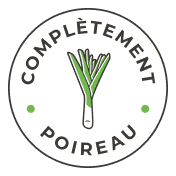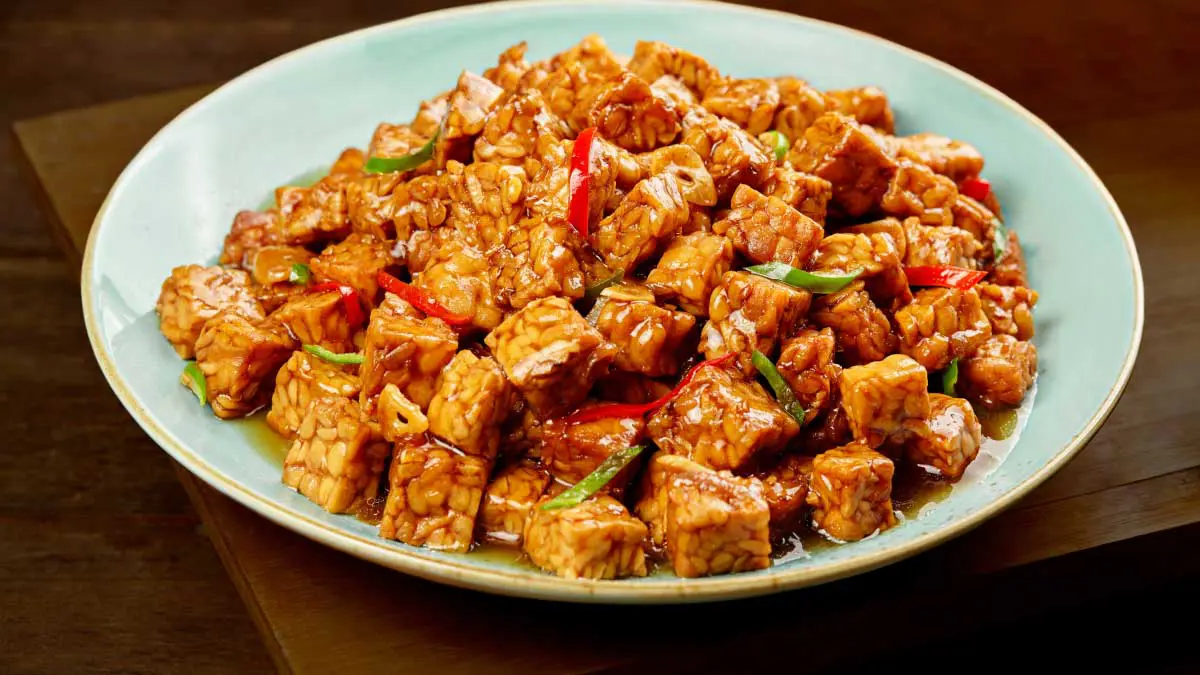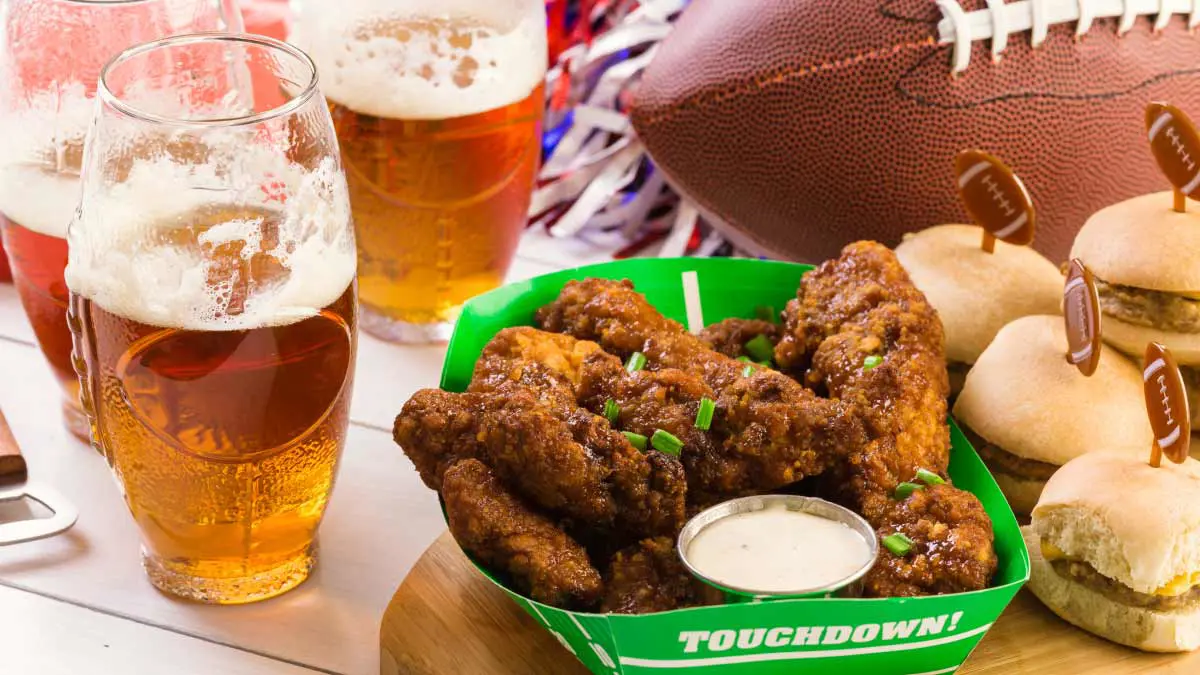Passing down culinary knowledge to ensure the durability of alimentary practice which we work hard on to pass down to our children. Without what, they'll be informed and will know about basic healthy habits but won't had the way to develop necessary ability to develop and keep those in their adulthood. The quicker we'll initiated them, more interest will be developed and the meaning learned will be greatly deep-rooted. Beside spending quality time with our children, we pass down values, we stimulate dexterity, we're work on reading comprehension, developpement of a work structure and organisation.
As for myself, the most rewarding, is that children loves to cook with me and are especially proud of their gastronomical realisation. To see them smile, flour all over their nose, melt my mom's heart!
Holidays are coming soon enough, it's a great occasion to try make participate our children to the preparation of holiday's meals and sweetness that we can enjoy after a beautiful day full of outdoor activities.
How to do so ?
For 2 to 5 years old :
Focus on participation and realisation while making original visual snacks.
Perched on a little bench, your kid plays being the Chef's assistant.
- Ask him to wash salad leaves, they love to play with water!
- Have him garnish a plate with vegetables, or assemble skewers of sliced fruits.
- You're looking for success? Suggest to create a little character using toothpicks, fruits, sliced vegetables and cheese.
Take this opportunity to teach names of foods, its botanical nature or even name which food group it is from.
For 6 to 8 years old :
At this age, they are still too young to use the oven, the stove, use a knife or a grater. But, they can surely make creation with food ready to use.
- We teach them how to use a butter knife.
- We show them the logics of how to build up a meal.
- Have them make wraps, sandwhich, pizza, croque-monsieur, yogurt parfait and srping rolls.
- With his help, set dishes over the table with all ingredients needed in this realisation.
- Prepare a meal exemple in front of him. Give him instructions and tips necessary for his achievement.
- Then, let him go! He will enjoy and curiously... there's a risk he eat everything up!
At school, kids learns basics of an healthy snacks and show them the Canada's Food Guide. After school you can study with him about what he knows. You can find this food guide and supplementary information about it by visiting Health Canada website.
For 9 to 12 years old :
At this age, they're ready to safely learn how to use a knife and a cheese grater. Explain to him how all different electric devices works while teaching risks and precautions to take. Even if you hope they won't make use of it when you're not there, to learn well its use and risks may prevent many mishap.
- Ask your child to chose few recipes he'd like to learn.
- Chose simple recipe with little ingredients and which requires only short times.
- After reading this recipe at least two times, ask him to explain what he understood of this recipe.
- Then, follow him well while making the recipe while letting him himself gathering, slicing, measuring and mixing up ingredients. The more he'll develop his independence, the more proud he will be of his own achievement and will be willing to try again.
Study with him about the concept of a balanced meal which contains at least 3 of all 4 food groups of the Canadian's Food Guide.
For 12 years old and +
Start to delegate culinary responsiility to your children. Involve them when its time to chose a recipe, with its preparation and when buying ingredients. Teenagers may surely be responsible of cooking one dinner a week. Suggest him different recipes and participate with him while preparing the recipe to develope his knowledge and independence while cooking.
Take this opportunity to take a glance at how he percieve his own body, the importance of food to maintain his health. Look at what makes him eat, crave, hungry, bored... Avoid reprimands and advices, be careful and listen. The more we let them talk, the more they'll tell us!
Happy Holidays!




